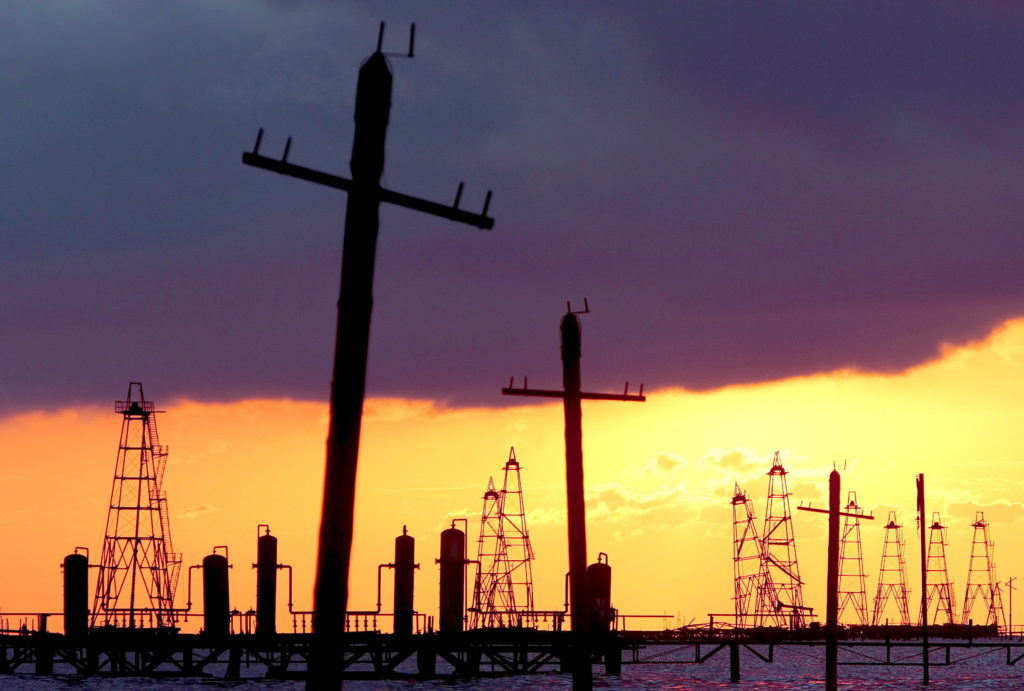BAKU
Azerbaijan reduced the amount of oil it shipped to Turkey through the Baku-Tbilisi-Ceyhan pipeline in the first five months of this year as the COVID-19 pandemic continued to impact both demand and production of the country’s main export commodity.
The quantity of oil shipped through Georgia to Turkey declined to 84 million barrels from January to May this year, down from 97.68 million barrels in the same period last year, according to Botas, the pipeline’s operator in Turkey.
Crude oil destined for world markets was loaded onto 116 tankers for the world markets in the first five months of this year, fewer than in the same period a year ago, when 125 tankers were loaded with the shipment.
Measures to contain the spread of the COVID-19 pandemic that took hold last year, impacting mobility and production across the world, have significantly affected global demand for oil, forcing oil producers to eventually cut their production levels. BP said last month that oil output at its projects in Azerbaijan declined to 484,000 barrels per day (bpd) in the first quarter of 2021 from 524,000 bpd a year earlier.
Most of Azerbaijan’s oil is produced at the giant off-shore Azeri-Chirag-Guneshli (ACG) oilfields, through a BP-led consortium in which Azerbaijan’s state energy firm SOCAR is a shareholder. Azerbaijan exports oil via Georgia by rail and through the Baku-Supsa pipeline, as well as via Russia through Baku-Novorossiisk pipeline. Azerbaijan has pumped oil through the 1,330-km pipeline from the capital Baku to Novorossiisk, a port on Russia’s Black Sea coast, since 1997.
Meanwhile, oil shipments to Russia are rising again this year after being interrupted due to pipeline maintenance in 2020. Azerbaijan shipped 253,076 tonnes of oil via Russia in January-April this year, according to a report by Russia’s Central Dispatch Office of the Fuel and Energy Complex. In April, oil shipments totalled 84,031 tonnes, it said.
The transit of oil from Azerbaijan through Russia totalled 613,029 tonnes in 2020. SOCAR stopped supplies to Russia’s Black Sea’s port of Novorossiisk in March 2019, citing planned maintenance on the Baku-Novorossiisk pipeline, after which the company diverted crude flows to its own Baku-Tbilisi-Ceyhan pipeline. Shipments resumed on July 15.
While shipments were suspended again in January 2021, SOCAR signed a contract with Russian oil pipeline operator Transneft to transport more than one million tonnes of oil through the Baku-Novorossiisk pipeline this year. SOCAR said in March it planned to boost oil transit via Russia by 1.8 times year-on-year in 2021.

